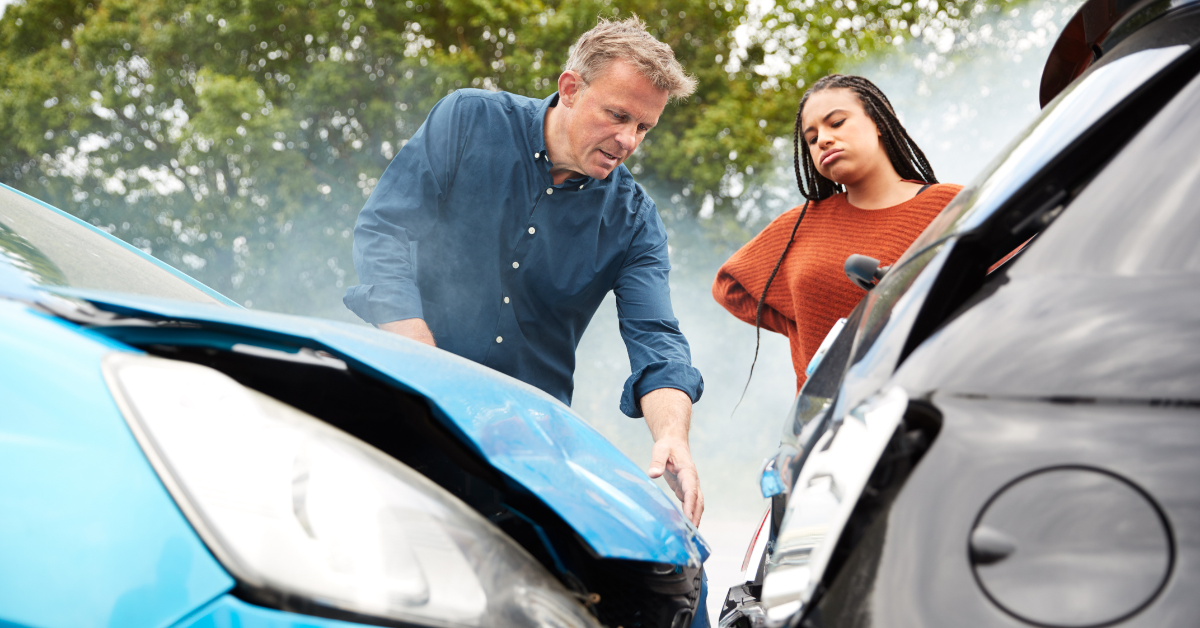What to Do After a Car Accident That Is Not Your Fault
Car accidents happen unexpectedly. According to the State Highway Safety Report, Massachusetts experiences an average of 355 fatalities from car accidents per year. This does not include the number of non-fatal accidents.
The first thing to determine after a car accident is who was at fault. So, what happens when a car accident is not your fault? Here are some steps to take following a car accident to ensure that you are in good hands and maximize the compensation you receive.

Call 911
Stay calm and assess the situation. It is easy to let emotions cloud events surrounding and accident and how it should be handled. The most important first thing to check is if everyone involved is safe following an accident. Even the most minor injuries could have a long-term impact on a person’s health, so it is important to call 911 to report the incident.
File a Police Report
After calling 911, you will be able to file a police report of the incident. This is written, official documentation about your accident and can be used as supporting evidence if needed for filing a lawsuit.
Seek Medical Attention
Not all injuries seem serious immediately following an accident. However, long-term injuries can have a serious impact on your future health (and medical bills that may incur). Seek medical attention even for the smallest injuries, especially head related ones.
Contact a Personal Injury Attorney
A personal injury attorney can provide you with legal expertise and guidance following a car accident. Determining liability for a car accident isn’t always straight forward. In these cases, you will want an attorney by your side when determining fault, as they will help defend your case. They can also help you deal with insurance company payouts and maximize compensation for your injuries, helping you to file a personal injury lawsuit if your situation demands it.
Handling a car accident on your own can be overwhelming. Speaking with police, insurance companies, and other parties involved is a lot to think about and focus on by yourself following an accident. A personal injury attorney works for you and will stand in your corner during legal proceedings that may follow an accident.
Avoid Admitting Fault
The first thing that the parties involved, insurance companies, and the police will want to determine following an accident is who is at fault. It is important to carefully answer any questions asked to you following a car accident and consult with an attorney as soon as possible to help answer further questions. While a police report provides supporting evidence for your case, it can also hurt your chances of receiving compensation for injuries depending on how you answer questions following the accident.
How Fault Is Determined in a Car Accident
Massachusetts is a no-fault state, meaning that Personal Injury Protection (PIP) covers anyone involved in an accident, regardless of who is at fault. However, when obtaining a police report at the scene of an accident, police will help determine who is at fault. In some cases, this is straight forward. For example, a car that drove through a red light and colliding with a car that had the right of way is at fault. Other cases are not so straightforward. In these cases, you will want to make sure that you contact an attorney as soon as possible. They can help guide you through the next steps following an accident.
How to Dispute a Car Accident Fault
Car accident attorneys also help dispute when a car accident is your fault. In some cases, a driver may find themselves to be at fault for an accident. If this seems like an unfair or untrue determination, there are opportunities to dispute this both for insurance company payouts and personal injury lawsuits.
Who Is at Fault in a 3 Car Accident?
In most multi-car accidents, determining who is at fault can be tricky. The best way to handle these situations is by seeking guidance from an experience attorney who can act as a legal representative on your behalf. They can also guide you through what happens when multiple cars are involved in an accident. As with two-car accidents, it is sometimes easy to determine who is at fault. In other instances, factors like weather or chain reactions contribute to a multi-car pileup.
Disclaimer
The information contained in this blog is for general information purposes only. Bonville & Howard assumes no responsibility for errors or omissions in the contents of the blog.
In no event shall Bonville & Howard be liable for any special, direct, indirect, consequential, or incidental damages or any damages whatsoever, whether in an action of contract, negligence, or other tort, arising out of or in connection with the use of this blog or the contents of this blog. Bonville & Howard reserves the right to make additions, deletions, or modifications to the contents of this blog at any time without prior notice.
